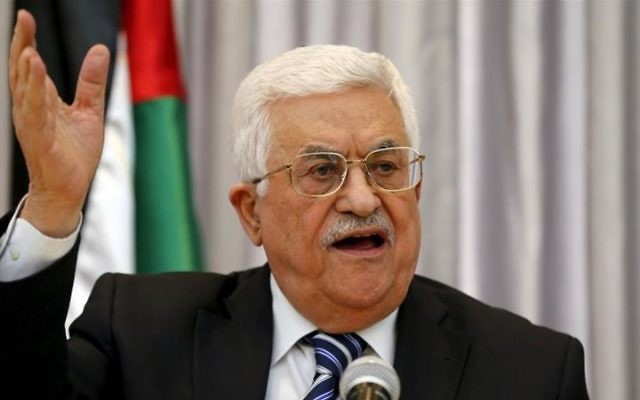British government won’t apologise for Balfour
The British government has rejected a Palestinian request to apologise for the Balfour Declaration of 1917, which led in part to the creation of Israel.

UNITED KINGDOM— The British government has rejected a Palestinian request to apologise for the Balfour Declaration of 1917, which led in part to the creation of Israel.
The British government sent a letter to the Foreign Ministry of the Palestinian Authority saying it would not apologise for the statement, as called for by P.A. President Mahmoud Abbas in an address to the General Assembly in September, Reuters reported. The news agency cited Manuel Hassassian, the Palestinian ambassador to Britain, who told the Voice of Palestine Radio of the refusal in an interview Tuesday.
Britain will recognize the 100th anniversary of the Balfour Declaration with celebrations in November together with Israeli officials.
The British government this week responded to a petition filed with the British Parliament calling on the government to apologize for the statement and “lead attempts to reach a solution that ensures justice for the Palestinian people.” More than 13,000 people signed the petition, which needs 100,000 signatures by May 3 in order for the Parliament to consider it for debate.
“The Balfour Declaration is an historic statement for which HMG (Her Majesty’s Government) does not intend to apologize. We are proud of our role in creating the State of Israel. The task now is to encourage moves towards peace,” the government’s response read.
“The Declaration was written in a world of competing imperial powers, in the midst of the First World War and in the twilight of the Ottoman Empire. In that context, establishing a homeland for the Jewish people in the land to which they had such strong historical and religious ties was the right and moral thing to do, particularly against the background of centuries of persecution,” the response said.
It continued: “Much has happened since 1917. We recognize that the Declaration should have called for the protection of political rights of the non-Jewish communities in Palestine, particularly their right to self-determination. However, the important thing now is to look forward and establish security and justice for both Israelis and Palestinians through a lasting peace.”
The petition called for a two-state solution and for negotiations conducted directly between Israel and the Palestinians, “but with appropriate support from the international community.”
JTA

comments